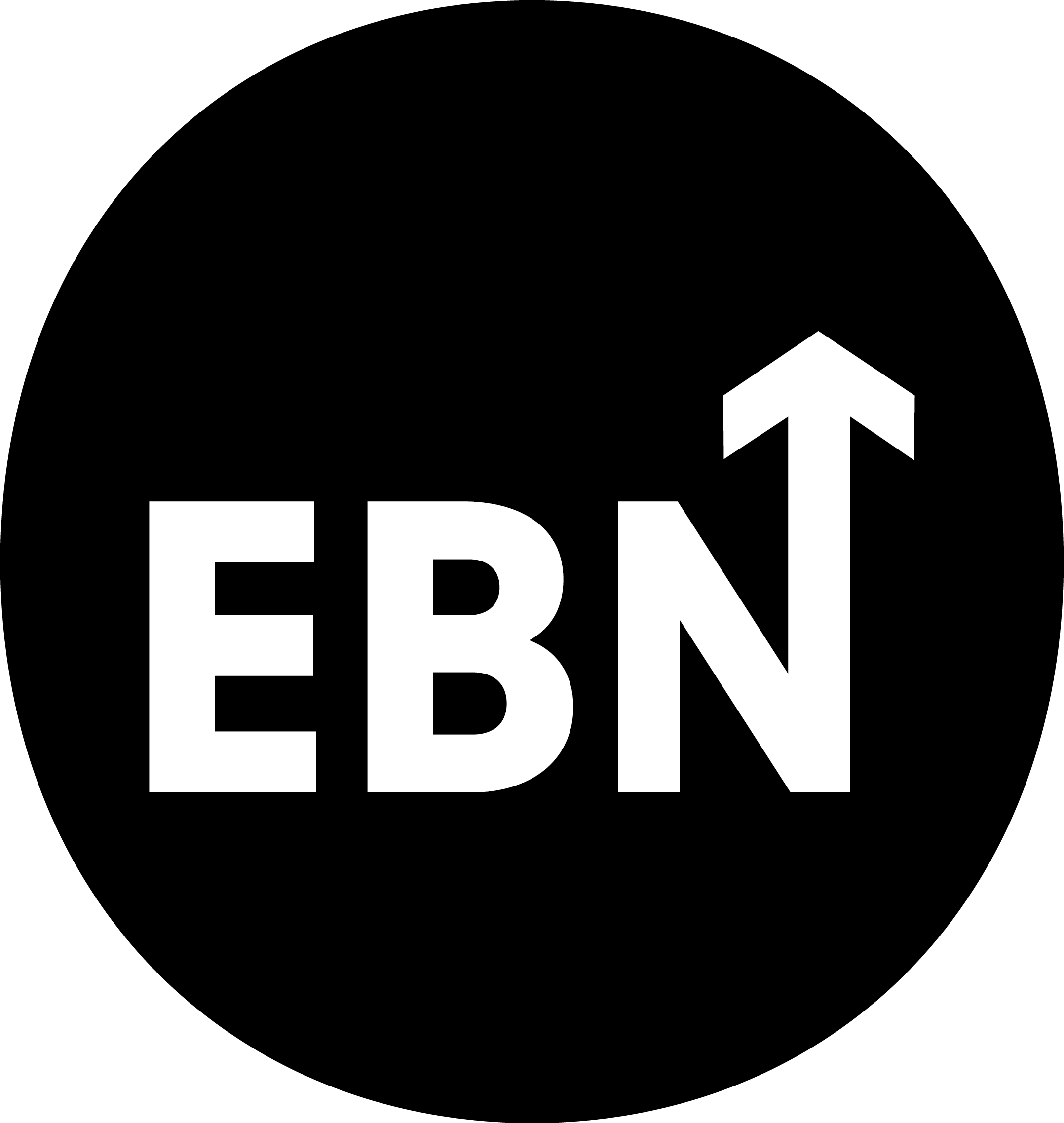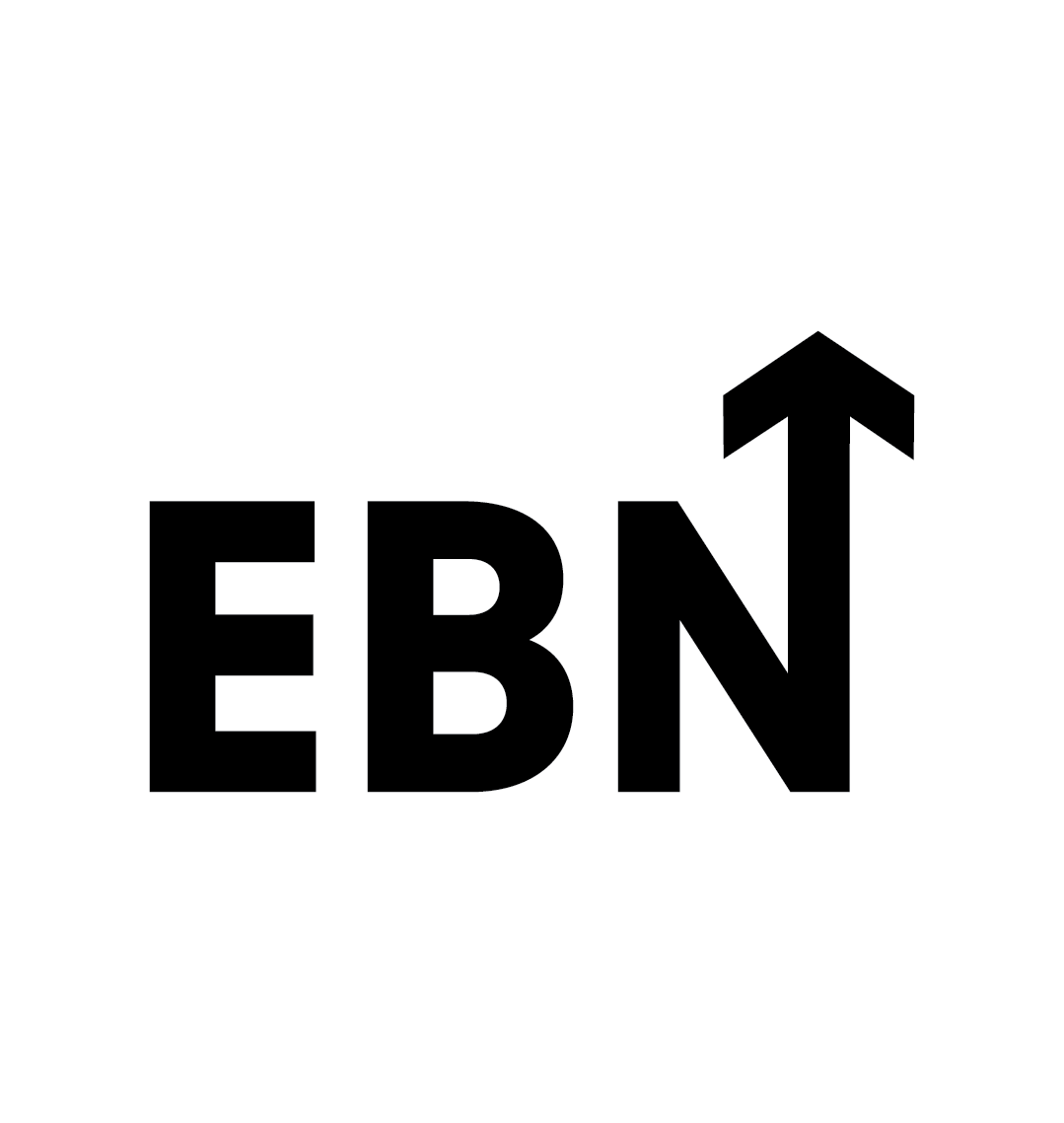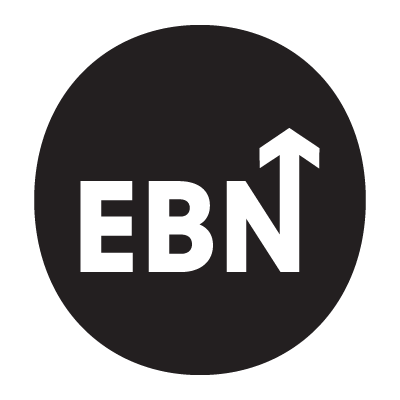The name’s the problem. The idea isn’t.
These days, if you have to explain what an EVP is, you’ve already lost the room. I now find myself pre-emptively apologising for the jargon and going straight into the “what” and “why” whenever I speak to somebody new.
One way to prove it’s BS is this; just ask anyone outside HR what “Employee Value Proposition” means and you’ll get blank stares, polite nods, or the classic “oh… right” or any of the other universal signals for “I have no idea what you just said.”
That’s the problem. The concept itself is sound, the name is not. It’s become a dusty acronym that lives on PowerPoint decks and agency proposals, and never in the minds of the people it’s meant to inspire.
Momentum isn’t always progress, especially when you always end up back where you started.
Fathom helps you escape the loop. With insight, not intuition.
And the irony? The whole point of an EVP is to make your company’s story clearer. Yet most people can’t even describe the process without inadvertently playing a game of corporate buzzword bingo.
The Naming Problem
Literally, every few months a client says the same thing to me:
“We want to do an EVP project… but can we not call it an EVP?”
And they’re right to ask. The term feels tired, corporate, and alien to the people it’s supposed to reach. It’s become shorthand for a HR marketing exercise - another “initiative” that eats budget and produces a tagline that could belong to anyone.
So, employers (rightly) rebrand it.
- Talent Story.
- Employer Identity.
- Join the Movement.
- People Proposition.
It doesn’t really matter what label you slap on it — what matters is whether it helps people understand why you’re worth working for.
Let me put it this way... if I ask a busy CHRO if they needed an EVP, they’d likely say no. I wouldn't blame them.
If I rephrased it and asked... do you need to articulate why top talent should choose you, nay, strive for you, over your rivals, and stay? I think they’d all say yes. Same question but without the crap terminology.
What It’s Actually For
Strip away the frameworks and fancy slides, and the job of an EVP is brutally simple:
Make it clear to talent why they should work for you instead (of your rival).
That’s it.
Not “articulate your values.”
Not “align culture to strategy.”
Just help people see what makes your organisation worth their time, talent, and energy. Especially when they have options and you’re only one of them.
It’s positioning, plain and simple. It should sit at the intersection of three truths:
- What you offer. (The real experience of working there, not what the careers page claims.)
- What people want. (The motivations of your current and future employees.)
- What makes you different. (The qualities that separate you from your category.)
TBH, most companies have decent answers to the first two, but they fall apart on the third. They want to be “unique” without being different.

The Real Reason Many EVPs Fall Flat
It’s not data. Most organisations are drowning in that. They have surveys, focus groups, engagement reports, Glassdoor sentiment analyses - oceans of the stuff.
The issue is translation.
It takes creative bravery to turn all that insight into something sharp, emotional, and memorable. That’s the bit most companies avoid because it’s uncomfortable.
Courage is the missing ingredient.
The data is critical, without it you’re pissing into the wind. But even the best data is worthless if you don’t have the balls to use it. All too often, when the time comes to say something bold - something that might offend the risk committee - everyone retreats into consensus. The result? Stuff like this...
“Together, we make a difference.”
No, you don’t. Everyone says that.
The fact is, the most successful EVPs are rarely the safest.
Think of Netflix’s “Freedom and Responsibility.” It’s more of a challenge than a happy slogan.
Or Amazon’s “Work Hard. Have Fun. Make History.” whatever you make think of Amazon’s talent practices, at least this is honest about the intensity of the place.
What they have in common is that they polarise. And that’s exactly why they work.
Helping HR, talent acquisition, employer branding, and company culture professionals find careers worth smiling about.
What to Call It Instead
If the name “EVP” gets in the way, lose it.
Call it your Employer Identity, Talent Promise, or People Brand.
In fact, don’t even get stuck on a title at all. Just make sure everyone in your company can answer the question:
“Why would a great person choose us, and stay?”
That’s the only test. If the answer is vague, you’ve got work to do.
I'd happily kill the term EVP tomorrow if I could just replace the practive with more clarity on what it is and why it’s so utterly critical if you want to win at the talent game. When people outside HR understand what this thing does - when they can see how it connects hiring, culture, and reputation - then they’ll care.
The biggest mistake employers make is thinking that an EVP is a campaign. It’s not. It’s the spine of how you communicate who you are as an employer.
The Test of a Real Employer Identity
A good one should do three things:
Attract the right people.
It should make your ideal candidates lean forward and say “that’s me.”
Repel the wrong ones.
If it doesn’t make some people uncomfortable, it’s too soft.
Resonate with your own people.
When your employees hear it, they should nod, not laugh.
If your message doesn’t hit all three, it’s back to the drawing board (or give me a shout and let’s chat).
Momentum isn’t always progress, especially when you always end up back where you started.
Fathom helps you escape the loop. With insight, not intuition.
Meanwhile, back in reality
Most EVPs aren’t bad because the process failed. They’re bad because the people signing them off got nervous and diluted them, or didn’t know what to do with them once they were ready.
No framework will save you from timidity or paralysis.
If employers can't bring themselves to say something sharp, specific, and a little risky, they’ll end up with the same glossy mediocrity that everyone else has.
The companies with the best employer brands aren’t the ones with the biggest budgets. They’re the ones willing to own who they are - the good, the bad, and the uncomfortable.
Call it whatever you want. Just do it properly.
Takeaways
The Name Isn't Sacred
“EVP” is just a label. If the term confuses people or turns them off, drop it. What matters is the thinking behind it, not the acronym on the slide.
The Job Is Simple, Not Easy
At its core, this work answers one question: Why should great people choose you and stay? Everything else is decoration.
Most EVPs Die By Committee
The biggest threat isn’t bad research, it’s consensus. Every round of stakeholder “input” smooths the edges until all that’s left is corporate porridge.
Bravery Beats Budget
The strongest employer brands don’t necessarily have the biggest budgets, they have leaders willing to say something real, specific, and slightly uncomfortable.
Data Finds The Truth, Creativity Tells It
Research gives you the insight, but only creativity and courage can turn it into something people actually remember.
Good Employer Brands Polarise
If everyone nods politely when they read it, you’ve failed. The goal isn’t to please everyone. It’s to attract the right ones and make the wrong ones self-select out.








